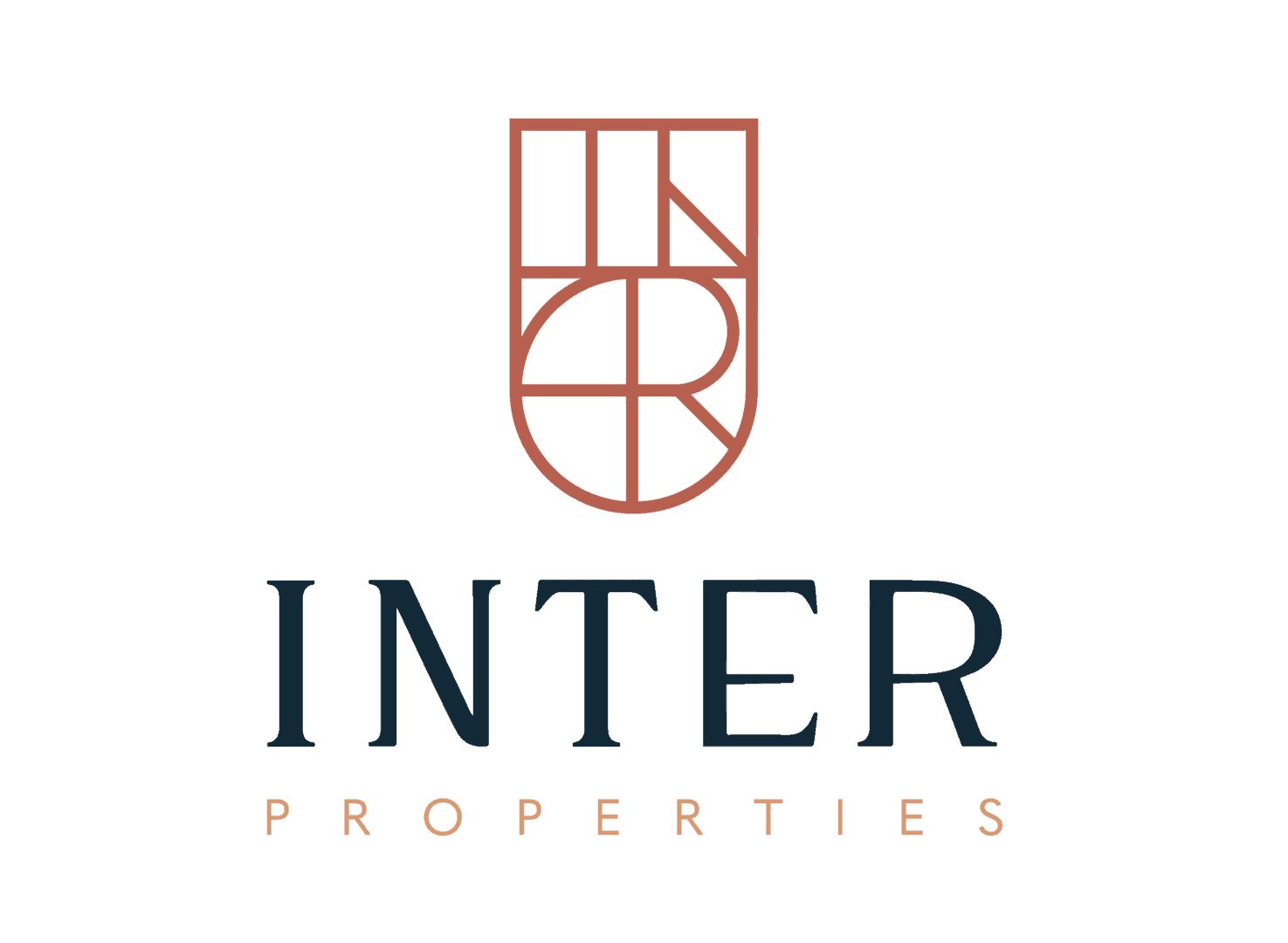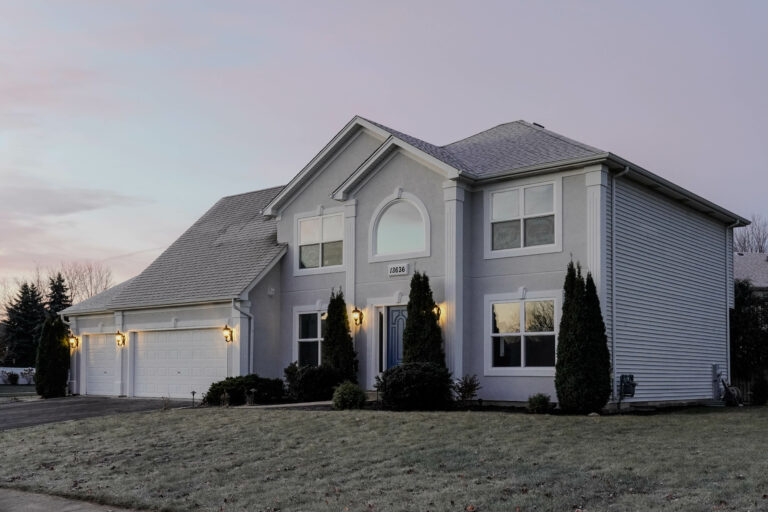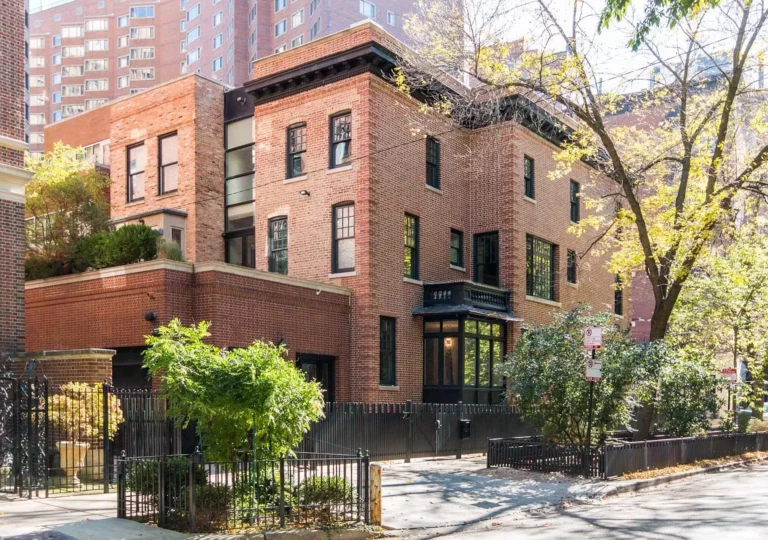Top Laws To Remember: For Landlords And Property Managers
Table of Contents
The landlord-tenant partnership is regulated by the law and your ability to communicate.
The federal and state governments have established specific laws to safeguard the rights of both sides.
People who provide property management need to be familiar with major federal and state laws, especially in urban cities, where laws are created specifically for municipalities, like in Chicago.
Here are a few laws that every property manager needs to know.
Landlord-Tenant Laws
These laws govern the relationship between landlords and tenants and typically cover topics such as rent payments, security deposits, lease agreements, property maintenance, and eviction procedures. Understanding and complying with these laws is crucial for avoiding legal issues and disputes with your tenants.
Anti-Discriminatory Laws
The Fair Housing Act is a federal law that establishes rules for the tenant acquiring procedure. According to this, excluding someone due to their gender, origin, sexuality, race, disability, and race is forbidden. Make sure you are familiar with federal, state, and local fair housing laws to ensure you are not in violation of them. Property management companies risk legal trouble if they add exclusionary terms and conditions to listings without considering the law. Even while you’re screening prospective tenants, you cannot dismiss an application based on the aforementioned criteria.
Lease Paperwork
The landlord is responsible for creating a lease and managing the paperwork. When a property manager is hired, they partially play the role of a landlord. That means they form and write a legal lease agreement with clear terms and conditions.
The manager needs to be well-versed in state laws because some states demand that specific details of down payment and other things should be included in the lease. To prevent future disputes, it’s imperative to state the tenant’s name, the rent amount, and the lease terms in great detail. The agreement must also include all relevant provisions and guidance for the tenants, like the recommendation to buy insurance.

Safety and Disclosures
A property management company needs to ensure that the area is secure for living. In certain states, disclosures must be part of a legally binding document maintained by the landlord or property manager. State-by-state laws differ, but generally speaking, disclosure of lead-based paint dangers, mold, the presence of sexual predators, local crime levels, and other possible health and safety risks is required.
Privacy Laws
Property management services are required to protect the personal data of their tenants. Everything from private details to financial or health records may fall under this category. To feel secure in their residences and commercial properties, tenants need to feel confident that their landlords won’t disclose their private details without their permission.
Property managers should provide a secure home or business to their tenants, for instance, by setting up video intercoms at the front door or employing security personnel.
Property Maintenance
In the lease contract, management companies can specify exactly who is responsible for making repairs. By doing this, pointless disputes between the supervisor and the homeowner are avoided. The landlord or manager must now abide by the tenant’s legitimate right to demand specific renovations. They have to respond in a timely fashion.
Here are five important things that landlords should discuss with tenants regarding property maintenance responsibilities:
-
Regular Cleaning: It is important for tenants to keep the rental property clean and tidy. This includes cleaning up after themselves, regularly cleaning bathrooms and kitchens, and ensuring that common areas are kept clean.
-
Reporting Maintenance Issues: Tenants should report any maintenance issues to the landlord promptly. This can include issues with plumbing, electrical systems, heating and cooling systems, appliances, and other equipment.
-
Outdoor Maintenance: If the rental property has a yard or outdoor space, tenants should be responsible for maintaining it. This includes mowing the lawn, trimming hedges, and watering plants.
-
Pest Control: While landlords are responsible for keeping the rental property free from pests before tenants move in, tenants are generally responsible for taking reasonable steps to prevent pests during their tenancy. This can include keeping the rental property clean and properly disposing of trash.
-
Tenant Damage: Tenants should be responsible for any damage they cause to the rental property during their tenancy. This can include accidental damage, damage caused by neglect, or damage caused by pets. Tenants should report any damage to the landlord promptly and be prepared to pay for repairs or replacements as necessary.
Being a great landlord or property manager requires a combination of knowledge, communication, and attention to detail.
By maintaining open lines of communication with tenants, promptly addressing maintenance issues, staying up-to-date with local laws and regulations, and showing respect and empathy towards tenants, you can foster a positive and productive relationship with those in your care.
Additionally, striving to continuously improve your skills and knowledge in the field can help you stay ahead of the curve and provide the best possible service to your tenants. With dedication, hard work, and a commitment to excellence, you can truly make a difference as a great landlord or property manager.







